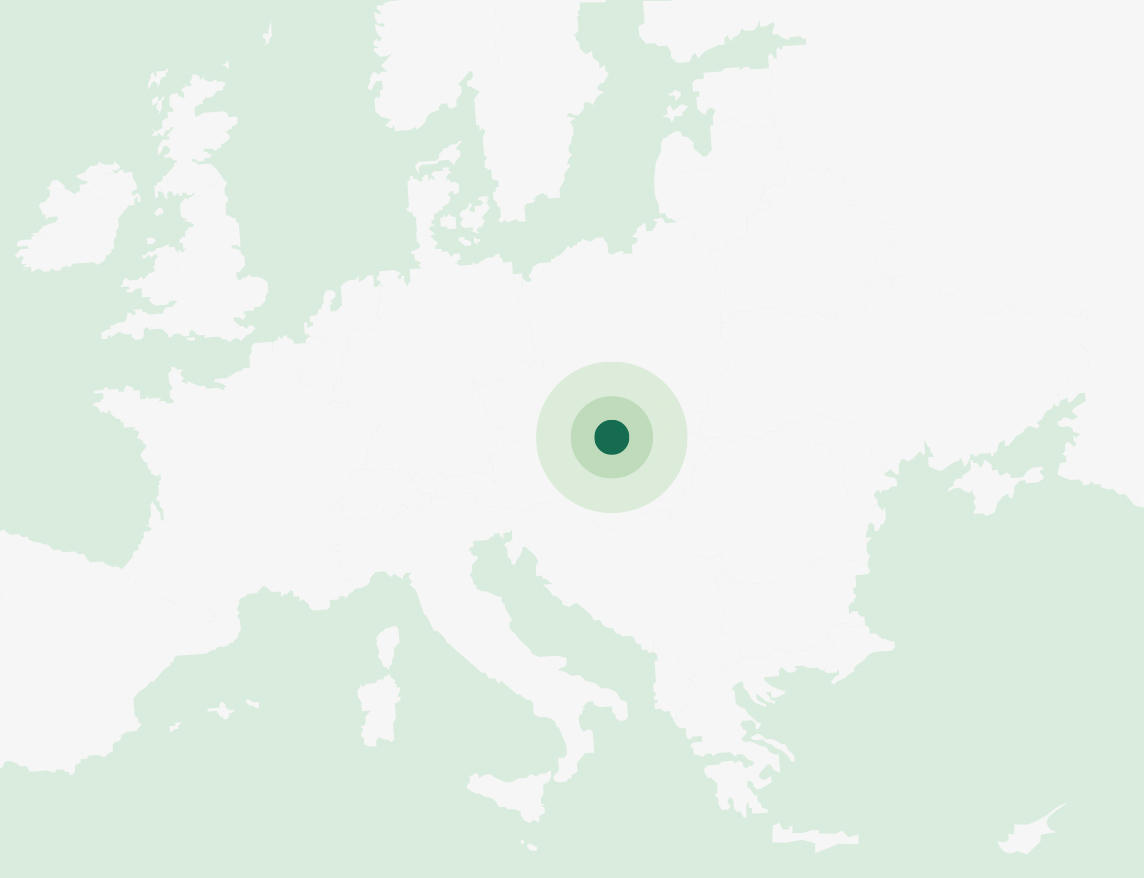Produktions- und Verpackungslösungen:
Private Label und CDMO Services
Besuchen Sie uns auf der Vitafoods 2024 Stand P-98
Unser Team begrüßt Sie herzlich an unserem Stand und freut sich darauf, Ihnen unsere Produkte und Dienstleistungen vorzustellen.
Bitte nutzen Sie den Code VFE2501 und registrieren Sie sich hier
Starker Produktions-Partner für Ihre Nahrungsergänzungsmittel
Gegründet 2008, ist Innopharma heute einer der führenden europäischen Hersteller von Vitaminen & Mineralstoffen und anderen Nahrungsergänzungsmitteln. Wir produzieren und liefern ein umfangreiches Sortiment an Brause- und Kautabletten, Pulvern (Sticks) und Dextrose.
Mit rund 140 Mitarbeitern liefern wir fast 400 Artikel für einige der weltweit größten Einzelhändler, Apotheken und Markenhersteller. Unser exzellenter Ruf und unsere Branchenkenntnis machen uns zur ersten Wahl für alle, die ein Sortiment an Nahrungsergänzungsmitteln insbesondere in wohlschmeckenden Geschmacksrichtungen und mit innovativen Aromen suchen. Wir sind ein strategischer Partner, bieten erstklassigen Service und verstehen die Wünsche und Anforderungen unserer Kunden.

Full Service "von der Idee bis zum Regal" für maximalen Kundennutzen
Dank unseres engagierten Teams von Branchenexperten sind wir in der Lage, qualitativ hochwertige Produkte herzustellen und damit die Erwartungen unserer Kunden zu erfüllen. Sie haben die Wahl: ob Sie gemeinsam mit uns eine individuelle Lösung von der Idee bis ins Regal entwickeln, eine Lohnfertigung exakt nach Ihrer Rezeptur durchführen oder aus einer unserer ausgereiften Standardrezepturen wählen.
- Innovation
- Produktentwicklung (F&E)
- Auftragsfertigung
- Auftragsverpackung
- Private Label
- Individuelle und Fertigprodukte
- Niedrige Mindestbestellmengen
- Weltweiter Export und Support
Wir sind besonders stolz auf die Qualität unserer Produkte und sind vollständig nach den höheren Qualitätsstandards (BRC Global Food Standard und IFS Food) zertifiziert. Wir verwenden nur die allerbesten Rohstoffe von führenden Herstellern und Lieferanten aus der ganzen Welt. Alle unsere Produkte entsprechen den EU-Richtlinien und den Richtlinien des Council for Responsible Nutrition.
Strategische Lage im Herzen Europas
Dank unseres strategischen Standorts im Herzen Europas - in Dunajska Streda, Slowakische Republik - sind wir in der Lage, unsere Kunden in ganz Europa und weltweit zu bedienen. Dieser logistische Vorteil ermöglicht es uns, unseren Kunden Flexibilität, Innovation, hohe Qualitätsstandards und wettbewerbsfähige Preise anzubieten.


